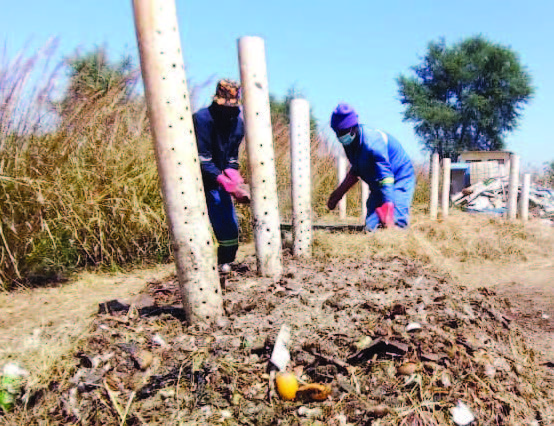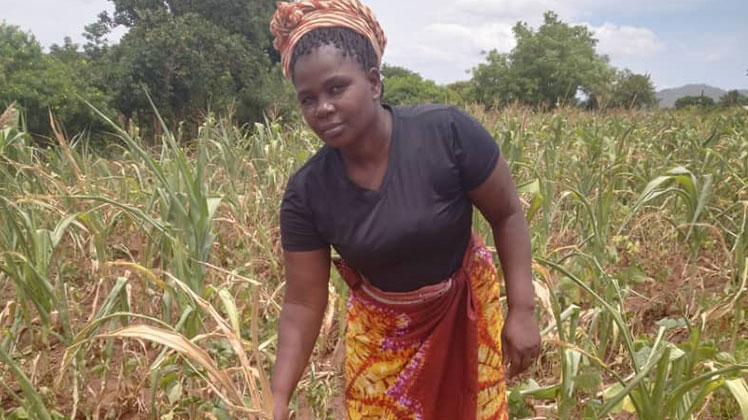Recycling Salima trash piles
Abreakdown in waste management affects the environment and human health in cities and towns.
Nearly all the urban centres in Malawi are haunted by a shortage of waste management facilities.

To reduce piling waste, Jeremiah Mwanza of Apocalypse Waste Management Solutions provides a relief to communities in Salima District.
His team collects and recycles general waste as well as toxic waste, turning mounds of garbage into goldmines.
The graduate from Lilongwe University of Agriculture and Technology (Luanar) collects waste from households as well as hotels, lodges, offices and restaurants in the town along Lake Malawi.
They take it to the team’s waste treatment site where they separate waste that rots in no time from plastics and glasses that take over a century to decompose.
They turn organic materials into organic fertiliser and plastics into inter-locking pavers.
Mwanza narrates: “The waste management business idea started in 2018 when I worked as an intern at Salima District Council after completing my natural resources management studies at Luanar.
“Working under the council’s environmental department gave me a deeper understanding of the challenges in collecting and managing waste from markets.”
Councils nationwide are struggling to provide bins or waste banks for both residential and commercial zones.
This, coupled with laxity in enforcement of fines on polluters, leaves residents dumping waste anyhow, an environmental hazard that harms public health.
“Recycling reduces the waste going to dumpsites and illegal dumping grounds. This prevents water, air and land pollution,” Mwanza states.
Besides, composting solid waste from markets and homes under strict conditions reduces polluting emissions that fuel global warming, mitigating climate change.
Last month, Mwanza’s social enterprise received K40 million from the United Nations Development Programme (UNDP) Growth Accelerator Programme.
The initiative, now in its sixth cohort, will help the green business expand its reach and technologies.
“We target to reach more people with waste collection services to improve sanitation and hygiene. We will also scale up organic fertiliser production from municipal solid waste,” Mwanza says.
Malawians dump 72 percent of their garbage either in rivers or open spaces or burn them which worsens environmental pollution, according to a new report released by the UN Environmental Programme (Unep) early this year. it shows that the problem is aggravated by lack of adequate garbage collection, treatment and disposal facilities.
A UNDP-funded study by Lilongwe Wildlife Trust shows that the cities of Lilongwe and Blantyre produce 988 tonnes of waste, but only 28 percent or 276.6 tonnes is properly disposed of.
Centre for Environmental Policy and Advocacy executive director Herbert Mwalukomo attributes the worsening environmental pollution to lack of functional waste management systems, especially in city councils.
“Innovative ways such as generating compost from garbage is the best way to deal with environmental pollution,” he says.
Unep warns that Malawi’s waste management crisis will keep worsening with rapid population growth and slow economic development.





